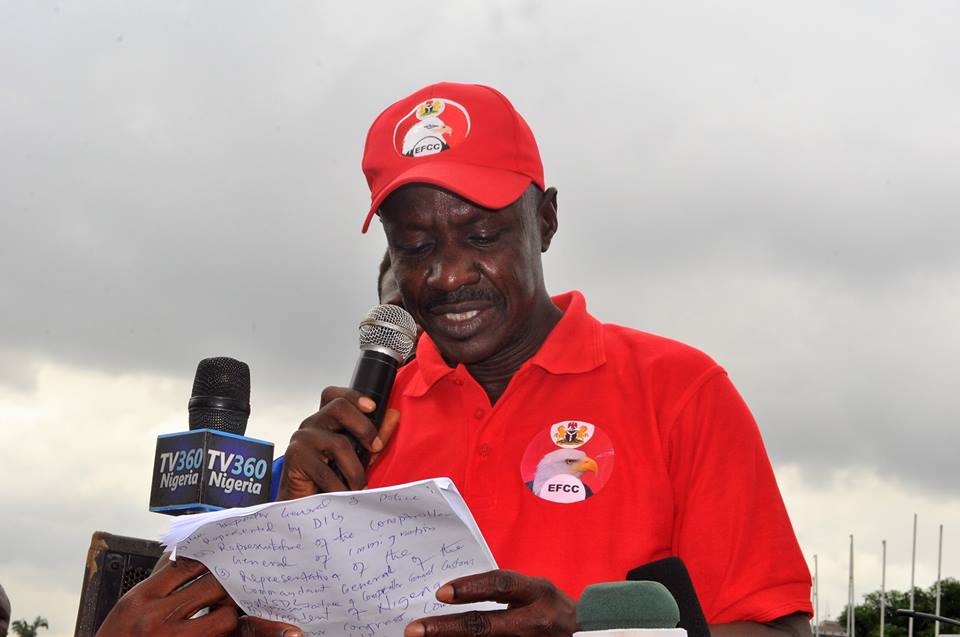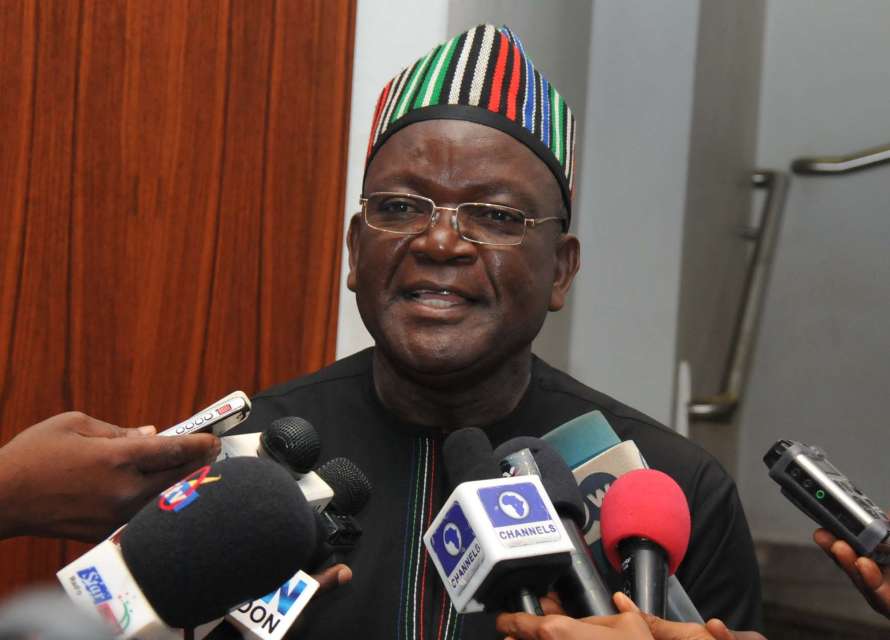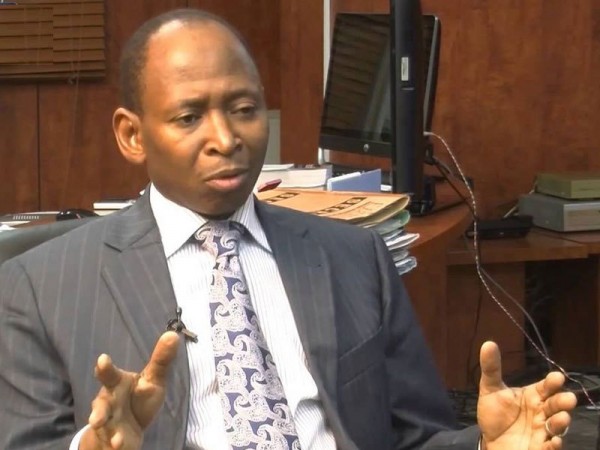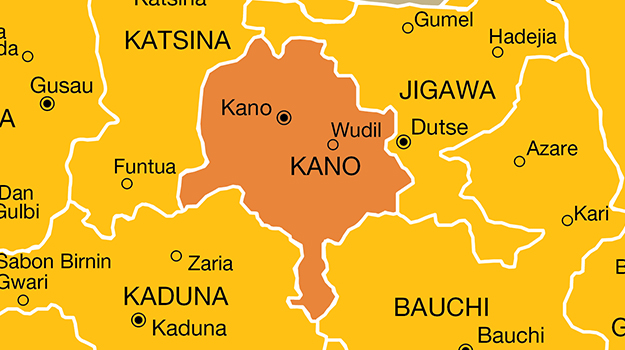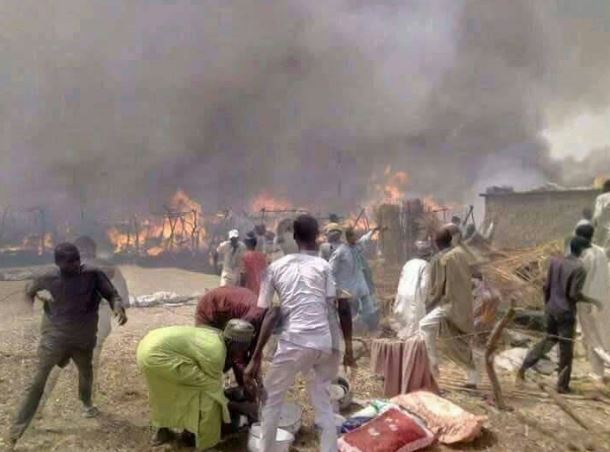BY SUNDAY ELOM
Since Nigeria gained independence, the country has been battling with how to tame the monster called corruption. However, the efforts, if any, have left little to be desired of, largely due to a lack of strategy.
The instances of bribery and corruption are no longer new in Nigeria. David Cameroon’s assertion that “Nigeria is fantastically corrupt” rings true, considering the depth of corruption in Nigeria.
According to the 2014 Global Corruption Index, Nigeria ranked 136th position among the most corrupt countries in the world.
Advertisement
Going down memory lane, it could be recalled that from October 1, 1960 till date, Nigeria has witnessed at least five military regimes. Their reasons for taking over power, most times, were as a result of records of inefficiency and corruption on the part of civilian administrators.
Ironically, there were still cases of corrupt practices.
The case of General Sani Abacha (1993-1998) whose looted money has been returned for at least two times amounting to $723m from Switzerland, $300m from USA, amongst others, is still fresh in the minds of Nigerians.
Advertisement
The trend continued under Babangida’s administration who many described to have legalized corruption due to a lot of instances of corrupt practices that characterized his administration.
For instance, he refused to give account of the Gulf war windfall estimated to be $12.4 billion. He vehemently rigged the June 12, 1993 election.
Countless number of vehicles and cash gifts were prodigally disbursed just to earn loyalty, and above all, the president (Babangida) was reported to have been deeply involved in drug dealing.
Olusegun Obasanjo’s administration was another epitome of corruption. Between 1999 and 2007, there were countless cases of corruption, ranging from reception of bribe from Marubeni Corporation to facilitate the award of the $6 billion liquefied national gas contract in Bonny; violation of the Code of Conduct Standard; alteration of the constitution by bribing the legislators; non-constitutional sell of government properties, etc.
Advertisement
James Ibori, the former governor of Delta State was just released late last year from London prison because of atrocious corrupt practices that personalized his administration.
During Yar’ Adua’s administration, the president himself (Yar’Adua) used his Attorney-General to frustrate the local and international investigation on James Ibori, Igbinnedion and Peter Odili’s corruption reports.
NNPC’s failure to remit US$20 billion and US$1.48 billion that was supposed to be refunded to the government, Alison Madueke’s illegal purchase of $250 million BMW cars, several cases of diversion of public wealth, the stolen of 8 billion naira from the Central Bank of Nigeria (CBN) etc. were some of the corruption instances that featured Goodluck Jonathan’s administration.
The present administration under the leadership of President Muhammadu Buhari has also witnessed and is still witnessing several cases of corruption in terms of financial mismanagement by the presidency.
Advertisement
Specifically, there are cases of unaccounted recovered looted money, sentimental appointments, extrajudicial killing of farmers and destruction of their farms by Fulani herdsmen in Benue state and many other places in the country without any reasonable arrest made.
Recently, there were two cases of alleged swallowing of N36m belonging to the Joint Admission and Matriculation Board by “a mysterious snake” and N70m belonging to the Northern Senators Forum by monkeys.
Advertisement
Funny enough, the monkeys allegedly swallowed the N70m in a Senator’s farm some minutes after Senator Abdullahi Adamu was removed as the chairman of Northern Senators Forum.
Actually, the activeness of any anti-corruption war should be tested by some questions such as: Is it systematic? Is it comprehensive? Is it consistent? and Does it have focus?
Advertisement
Given these parameters, it is clear that Nigeria’s claim of fighting corruption might be hitting the rock, with no clear-cut commitment and substantial evidence to ascertain the veracity of such claim.
There are many reasons corruption may not be successfully wiped out in Nigeria.
Advertisement
First, the commitment of past leaders in fighting corruption has not been encouraging. Most of the leaders merely fight corruption with their rhetorical prowess.
Secondly, those leaders, both under the military and civilian administrations have taken oversight of the fact that the best way to terminate a tree is to dig out its roots.
Interestingly, some governors and notable stakeholders were arrested, prosecuted, jailed or fined, under Chief Olusegun Obasanjo’s administration for gross misappropriation of public fund. Likewise in the time of Yar’ dua, Goodluck Jonathan, even in this present Buhari led administration.
In fact, the present administration has come up with Anti-graft Campaign, centrally to crucify bribery and corruption in the country.
But how sure are we that the whole plan, time, resources and efforts pumped into the war against corruption will not still go down the drain as usual?
Of course, we know that the pilot of this war plane (President Buhari) is a core disciplinarian, who does not tolerate any form of crook and sycophancy.
In fact, he initiated “War Against Indiscipline and Corruption”, and has been referenced by many international communities for that.
However, there is still doubt as to the accomplishment of his mission- with critics alleging the war is nothing short of a witch-hunting exercise- if he fails to beam his searchlight beyond governors and other highly respected government agents.
Corruption has become a structural problem in Nigeria that requires a holistic effort to contain its spread.
Obviously, the problem is not only corruption but in conjunction with its ‘elder brother’ bribery which is the first phase of corruption, because he who has not been bribed will not be corrupted.
Well, it is good to arrest the reputable corrupt practices offenders, but, is it not better to take cognizance of the instigators of this act?
Of course, bribery induces corruption. Therefore, when students or parents pay illegal money to secure high grade in schools and some farmers pay money secretly to anybody in charge of free fertilizers given to all the farmers in their community or ward, to monopolise everything, who should be arrested?
Therefore, if bribery and corruption must be crushed as proposed by Mr. President, the scrutiny must be lowered to the background.
The first step is to critically sanitize the sanitizers- Economic and Financial Crimes Commission (EFCC). Then, the community leaders, the traditional rulers and the local government management agents.
Note, almost all the sources of national income are rooted in the local and primitive corners of this country; and passes through the local leaders as the primary managers.
So, those at the grassroots who bribe the top leaders in order to push their way to the top must be traced, arrested and made to face the wrath of the law.
Furthermore, Mr. President and his battalions must not forget that a project that costs nothing equally worth nothing. Therefore, they should be ready to crucify their biases and partialities on the altar of sincerity and selflessness; knowing that the sanitization will definitely affect their “personal persons”.
The fight against corruption is a welcome development but it is only when the proper strategy is applied that the fruits of such effort can come to bare.
Add a comment
